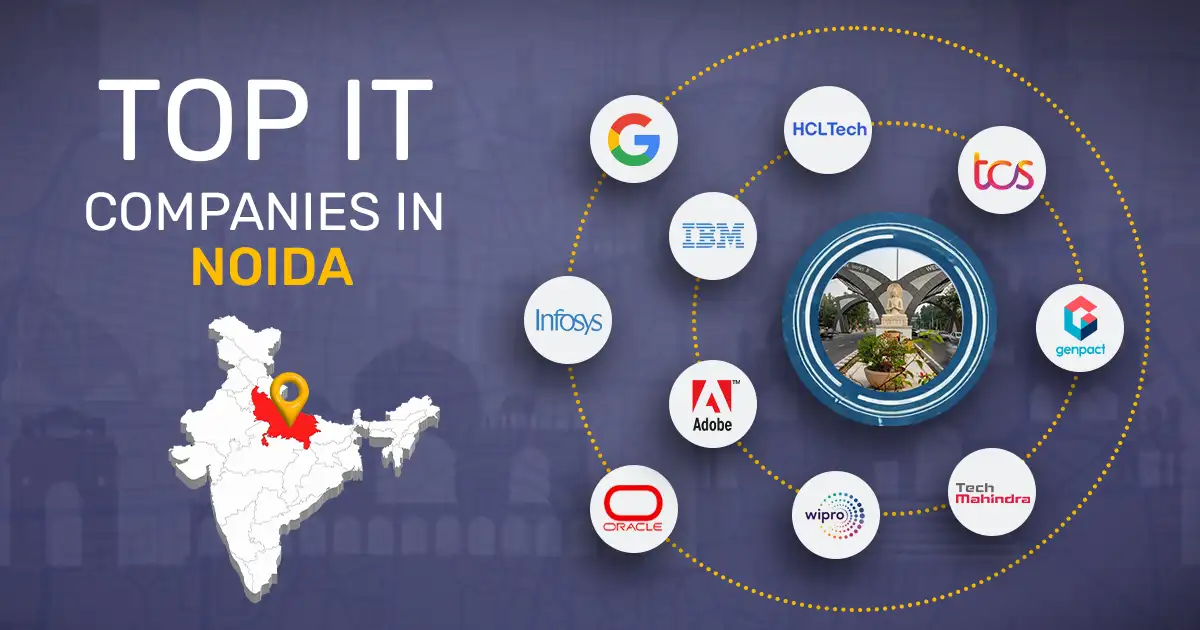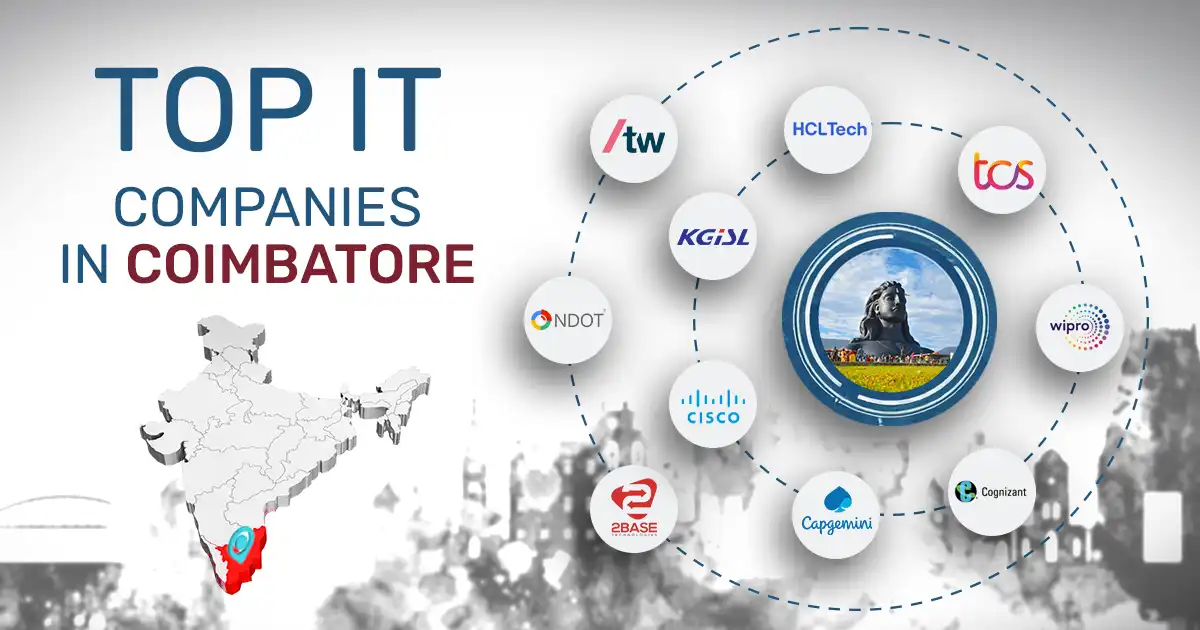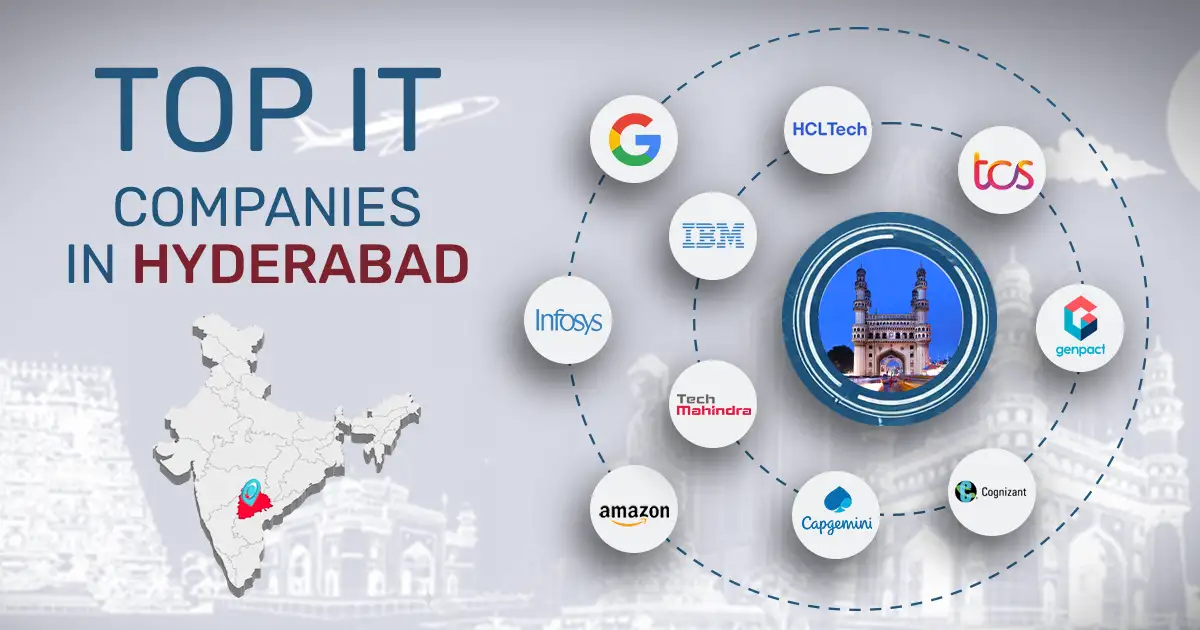
What is DPIIT Registration and How Can Startups Benefit from It?
Starting a business in India is exciting but challenging. However, regulations can be complex for new entrepreneurs. To help, the government offers DPIIT registration under the Startup India initiative. It is managed by the Department for Promotion of Industry and Internal Trade (DPIIT).
DPIIT recognition gives Startup India-registered ventures benefits like tax exemptions, funding opportunities, and easier compliance. It also helps businesses scale faster and attract investors.
Registered startups also get:
- Exemptions from angel tax
- Self-certification under labor and environmental laws
- Faster trademark and patent approvals
- Access to government tenders
Startups that qualify as MSMEs gain extra perks, such as priority lending, credit-linked subsidies, and support for technology upgrades.
This guide covers DPIIT registration in detail. You will learn about eligibility, required documents, the application process, and key benefits. Understanding DPIIT recognition can give your startup a strong competitive edge.
What is DPIIT Registration?
DPIIT registration is an official recognition for startups under the Startup India initiative. It validates a business as innovative and high-potential, enhancing credibility with investors, partners, and institutions.
Registered startups can access government funding schemes, grants, and programs that support growth and innovation. The recognition also simplifies compliance and speeds up processes like patent and trademark registration.
By obtaining DPIIT registration, startups gain a stronger foothold in India’s entrepreneurial ecosystem, opening doors to opportunities that help them scale and expand efficiently.
Who Can Apply for DPIIT Registration?
Not all businesses qualify for DPIIT registration. To be eligible, a startup must meet the following criteria:
- The entity must be a Private Limited Company, Limited Liability Partnership (LLP), or a registered Partnership Firm.
- The company should be less than 10 years old from the date of incorporation.
- The turnover of the business must not exceed INR 100 crores in any financial year.
- The startup should be working on innovative products, services, or processes with high growth potential.
- The business should not be formed by splitting or reconstructing an existing company.
Meeting these requirements ensures that only genuine, high-potential startups benefit from DPIIT recognition and associated incentives.
What are the Key Benefits of DPIIT Registration for Startups?
DPIIT recognition provides multiple advantages to startups, making business operations more seamless. Here are the key benefits:
- Tax Exemptions: Eligible startups can claim income tax exemptions under Section 80 IAC. They also receive Angel Tax exemption under Section 56(2)(viib) of the Income Tax Act.
- Regulatory Relaxation: Startups get relief from several labor and environmental laws, reducing compliance burdens and operational hurdles.
- Access to Government Tenders: Recognized startups can participate in government procurement and tenders without prior business experience.
- Funding Opportunities: Startups can apply for government-backed funds, including the Startup India Seed Fund Scheme and Venture Capital Schemes.
- Ease of Compliance: Registered startups can self-certify compliance with select labor laws, making operations smoother and faster.
- Mentorship and Networking: DPIIT registration provides access to mentorship programs, industry meets, and government-hosted startup events, helping founders build connections.
- Intellectual Property Support: Startups enjoy fast-tracked patent, trademark, and copyright registration, protecting innovations quickly.
- Recognition and Credibility: The official DPIIT recognition adds credibility with investors, banks, and partners, making fundraising and partnerships easier.
- International Market Access: Some schemes and events help startups connect with global investors and international markets, supporting expansion.
- Policy and Incentive Awareness: Registered startups receive updates on new government incentives, grants, and policy changes, helping them take timely advantage of opportunities.
What is the Step-by-Step Process for DPIIT Registration?
Follow these steps to apply for DPIIT recognition under the Startup India initiative:
- Create an Account: Go to the official Startup India website and sign up.
- Fill in Business Details: Enter your company name, incorporation date, sector, and other basic information.
- Upload Documents: Submit key documents, such as your company registration certificate, PAN, and a brief pitch deck or business plan.
- Explain Your Innovation: Clearly describe how your startup is innovative, scalable, and solves a real problem.
- Self-Certify Compliance: Confirm that your startup meets eligibility criteria, including being less than 10 years old and operating in India.
- Submit the Application: Review all details carefully and submit your application.
- DPIIT Review: The DPIIT team examines your application and may request clarifications.
- Receive Recognition Certificate: Once approved, you get a DPIIT recognition certificate, which unlocks tax benefits, funding opportunities, and government support..
What are the Documents Required for DPIIT Recognition?
Ensure you have the following documents while applying for DPIIT registration:
- Certificate of Incorporation
- Company PAN Card
- Pitch Deck or Business Plan
- Details of Intellectual Property (if any)
- Information on Funding (if applicable)
- Declaration of Startup Eligibility
- Memorandum and Articles of Association or LLP Agreement
- Founders’ KYC Documents
Read More: How to Choose the Best Business Structure for a Startup?
What are the Startup India Scheme & DPIIT Compliance Requirements?
Once registered, startups must comply with certain requirements to maintain DPIIT recognition:
- File annual compliance reports to demonstrate business activities.
- Ensure continued innovation and product development.
- Adhere to government schemes and policies under the Startup India program.
- Maintain proper documentation for audits and reviews by DPIIT.
- Notify DPIIT if there are major changes such as company structure, address, or ownership.
- Stay compliant with Income Tax, GST, labor laws, and other regulatory requirements.
- Keep records of patents or trademarks filed under your startup.
- Cooperate with DPIIT in case they request clarifications or additional documents.
By meeting these compliance requirements, your startup continues to enjoy DPIIT benefits like tax exemptions, easier fundraising, and government support.
How to Avail Tax Exemptions Under DPIIT?
DPIIT-recognized startups enjoy several tax benefits. To claim them, you must apply through the Startup India portal and meet the eligibility criteria. Key exemptions include:
- Income Tax Exemption (Section 80 IAC): Startups can apply for a 3-year tax holiday within the first 10 years of incorporation.
- Angel Tax Exemption (Section 56(2)(viib)): DPIIT-registered startups are exempt from tax on investments received above fair market value.
- GST Benefits: Easier GST compliance and exemptions on specific transactions.
- Capital Gains Exemption (Section 54EE & 54GB): Investors can claim exemptions on capital gains if they invest in DPIIT-registered startups or eligible funds.
To avail these benefits, ensure your startup:
- Holds a valid DPIIT recognition certificate
- Applies for exemptions through the Income Tax portal (where required)
- Maintains compliance records for verification
Conclusion
DPIIT recognition empowers startups with tax benefits, funding access, and easier compliance. It helps you scale faster and build trust with investors and partners. If you want to grow your business with government support, DPIIT registration is the right step forward.
Contact RegisterKaro today to start your DPIIT registration and give your startup the competitive edge it deserves!.
Frequently Asked Questions
Yes, applying for DPIIT recognition through the Startup India portal is completely free. There are no hidden fees or additional government charges. Entrepreneurs can complete the entire process online without any financial burden.




